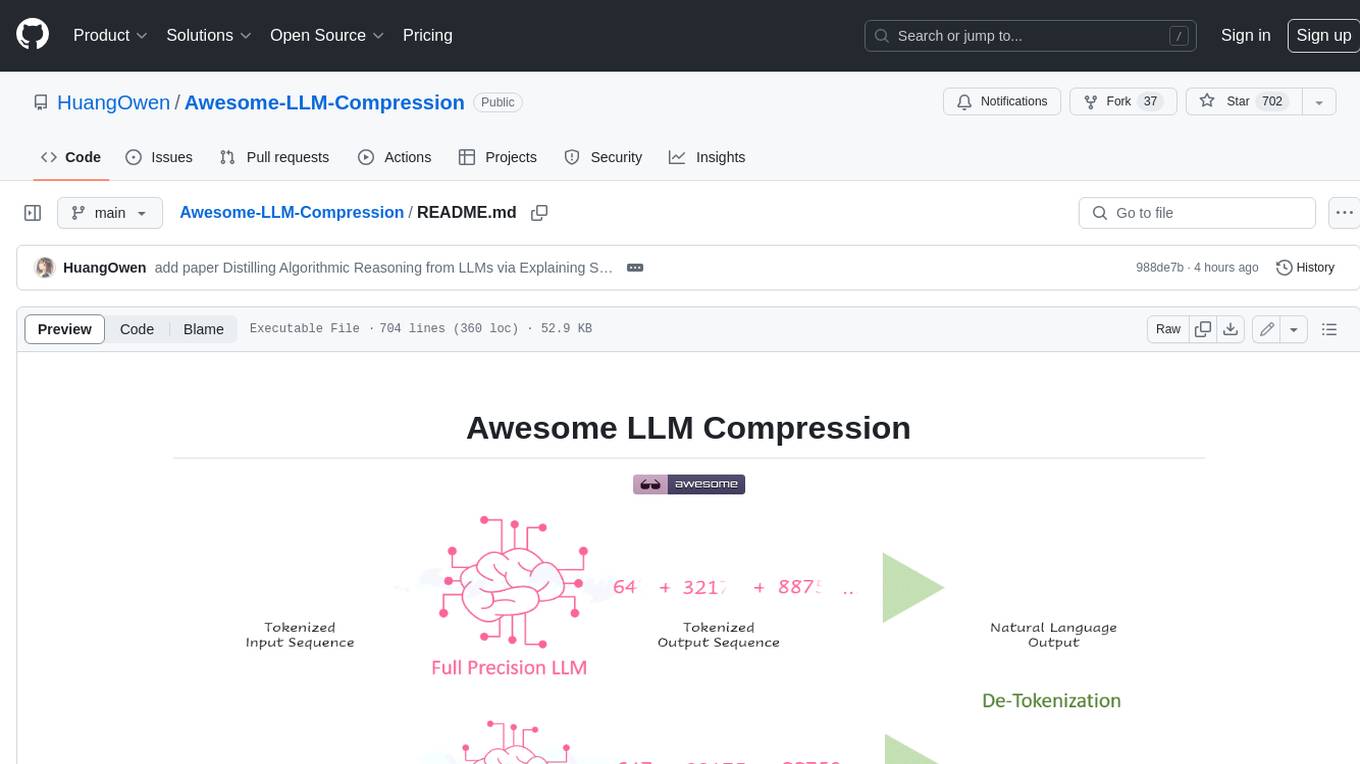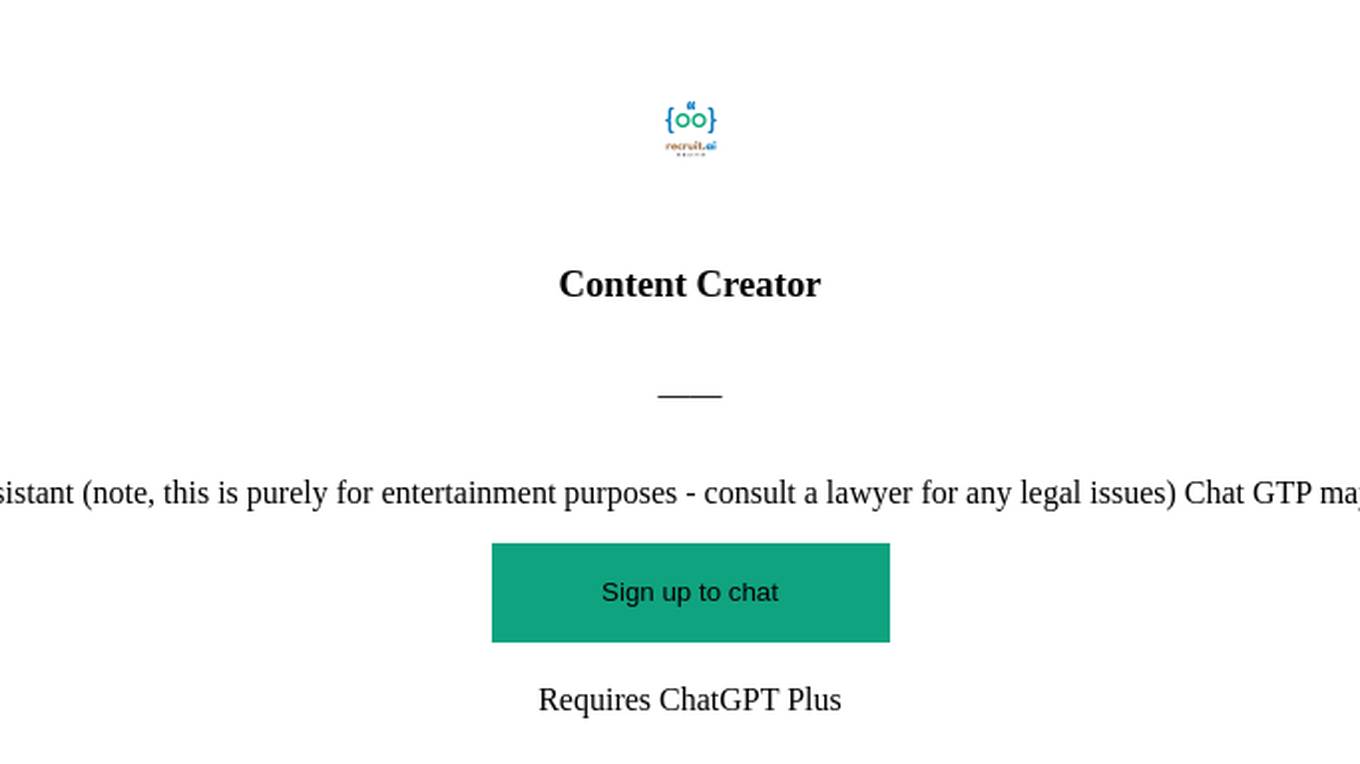Best AI tools for< Prune Llm >
3 - AI tool Sites

KnowBe4
KnowBe4 is a human risk management platform that offers security awareness training, cloud email security, phishing protection, real-time coaching, compliance training, and AI defense agents. The platform integrates AI to help organizations drive awareness, change user behavior, and reduce human risk. KnowBe4 is trusted by 70,000 organizations worldwide and is known for its comprehensive security products and customer-centric approach.

AlgoDocs
AlgoDocs is a powerful AI Platform developed based on the latest technologies to streamline your processes and free your team from annoying and error-prone manual data entry by offering fast, secure, and accurate document data extraction.

Wisedocs
Wisedocs is an AI-powered platform that specializes in medical record reviews, summaries, and insights for claims processing. The platform offers intelligent features such as medical chronologies, workflows, deduplication, intelligent OCR, and insights summaries. Wisedocs streamlines the process of reviewing medical records for insurance, legal, and independent medical evaluation firms, providing speed, accuracy, and efficiency in claims processing. The platform automates tasks that were previously laborious and error-prone, making it a valuable tool for industries dealing with complex medical records.
1 - Open Source AI Tools

Awesome-LLM-Compression
Awesome LLM compression research papers and tools to accelerate LLM training and inference.
2 - OpenAI Gpts

Content Creator
Your recruiting assistant (note, this is purely for entertainment purposes - consult a lawyer for any legal issues) Chat GTP may be prone to errors.
